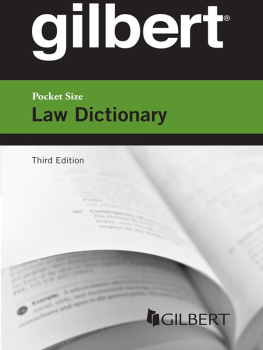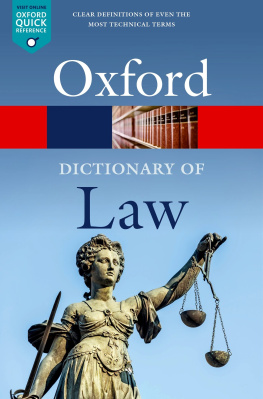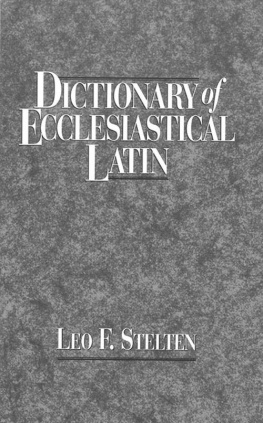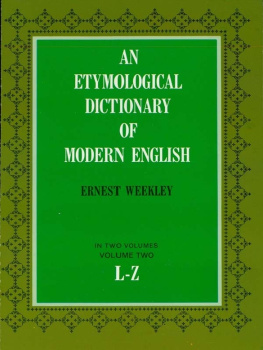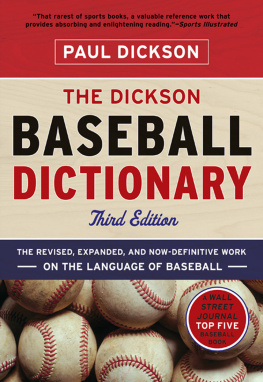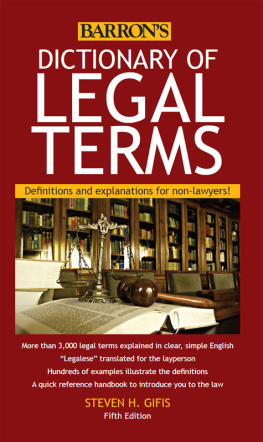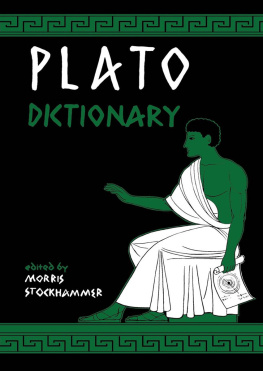Landmarks
Page list

i
PACKET SIZE
LAW DICTIONARY
Contains Over 4,000
Legal Terms & Phrases
THIRD EDITION

Mat #41549726
ii
The publisher is not engaged in rendering legal or other professional advice, and this publication is not a substitute for the advice of an attorney. If you require legal or other expert advice, you should seek the services of a competent attorney or other professional.
1984 by Harcourt Brace Legal and Professional Publications, Inc.
1997 by Harcourt Brace Legal and Professional Publications, Inc.
2014 LEG, Inc. d/b/a West Academic
444 Cedar Street, Suite 700
St. Paul, MN 55101
1-877-888-1330
West, West Academic Publishing, and West Academic are trademarks of West Publishing Corporation, used under license.
Printed in the United States of America
ISBN: 978-0-314-29069-4
v
Preface
To someone first encountering the terminology of American law and the legal profession, legalese may seem somewhat like a foreign language. Indeed, the Latin phrases, complicated definitions of unfamiliar terms, and the specialized meanings of common words do give the legal field a language all its own. The purpose of the Gilbert Law Dictionary is to provide the beginning law student (or any person encountering legal jargon) with a convenient, easy-to-understand reference guide.
The Dictionary defines over 4,300 words and phrases in straightforward, laypersons language, without sacrificing the substantial legal meanings and applications. But defining these terms is only part of learning a new vocabulary. To aid the law student in the considerable task of learning to use the legal vocabulary, the Dictionary includes the following features:
1) Examples to clarify and apply the defining terms;
2) Clear distinctions between shades of meanings;
3) Cross-referencing between related entries; and
4) Notations as to specific areas of law to which the terms apply.
Also included as reference materials are a color map of the United States Courts of Appeals Circuit, the Constitution of the United States of America, and a Table of Federal Governmental Agencies and Departments.
Commonly used pronunciations have been given for non-English words and phrases. The words have been divided into syllables, with the accented syllables in capital letters. Pronunciation symbols have not been used; instead syllables should be pronounced as if they were the English words that they resemble. Thus a syllable written as eye is pronounced as a long letter i. And, the final syllable of de-LIK-tie should be pronounced like the neckwear. Note that few, if any, of the pronunciations conform to the conventions of classical or ecclesiastical Latin, or standard French.
vi
The entries in the Gilbert Law Dictionary encompass the most common words and definitions in the legal vocabulary. The Dictionary is designed as a portable reference guide, abridged for convenience and facility. With this book in hand, you should soon come to understand the language of the law.
iii
Summary of Contents
_________________
A
A.B.A .
See American Bar Association.
abandoned and malignant heart
A state of mind indicating the malice aforethought necessary for murder; reckless indifference to an unjustifiably high risk to human life.
abandonment
1. Knowing relinquishment of ones right or claim to property without passing rights to another and with no intention to reclaim possession. 2. Desertion of ones spouse or child.
ab ante
(ab AN-tee) Lat. Before; in advance.
abatement
A decrease or termination of something ( e.g ., abatement of taxes: a rebate of taxes previously paid or a decrease in an assessed valuation; abatement of action: ending or dismissal of lawsuit; abatement of legacy: reduction or extinction of a bequest due to insufficient funds or payment of debt).
abdicate
To give up completely; to renounce.
abduction
1. The criminal taking of a person by fraud, persuasion, or violence. 2. Common law: taking of females for purpose of marriage, cohabitation, or prostitution. 3. Civil law: taking of anothers wife.
abet
To encourage, incite, instigate, or assist another in the commission of a crime with knowledge of its wrongfulness.
abettor
Person who incites, encourages, or commands another to commit a crime. An abettor must share criminal intent.
abeyance
State of being in waiting, expectation, or suspension; an undetermined or unsettled state of affairs. Property held in abeyance means there is a lapse in succession of ownership, and title is held in expectation of rightful owner.
abide
1. To comply with a decision; to accept the consequences of. 2. To await a result.
ab initio
(ab in-ISH-ee-o) Lat. From the beginning ( e.g ., a contract, deed, or marriage is said to be either lawful or void ab initio).
abjuration
The act of taking an oath to renounce or abandon an allegiance or right ( e.g ., a citizen of a foreign country abjures allegiance to that country upon becoming a citizen of the United States).
abnormally dangerous activity
An activity that always carries with it a serious risk of harm, even if the actor uses reasonable care. A person who engages in an abnormally dangerous activity may be held strictly liable for the harm caused by it.
abode
A persons home, place of dwelling, or residence.
abortion
The premature termination of a pregnancy. It may be spontaneous ( i.e ., taking place unexpectedly) or induced ( i.e ., intentionally removing a fetus from the womb, thereby terminating its life).
abrogation
The annulment or cancellation of a law by legislative act, constitutional authority, or usage.
abscond
To hide or secretly travel out of a courts jurisdiction in order to avoid the legal process.
absolute
Final, complete, unconditional ( e.g ., an absolute bond is perfect in itself and has no restrictions upon it).
absque hoc
(ab-skwee hock) Lat. Without this. Words of denial used to introduce the negative part of a plea.
abstention
Doctrine whereby a federal court relinquishes its jurisdiction to a state court. It is often used to avoid conflict between federal and state affairs.
abstract of title
A condensed history of the title to a piece of land listing all conveyances, liens, and liabilities on it.
abuse
Misuse; to mistreat physically or mentally.
abuse of discretion
Failure to exercise sound legal discretion. The term is used as a rationale by an appellate court when it is of the opinion that a lower court made an error of law by ruling contrary to evidence, logic, or reason.
abuse of process
The improper use of the legal process, after it has been issued, for a reason other than that intended by-law ( e.g ., prosecuting a person in order to intimidate him).
abut
To touch; to border on, as where one lot touches another.
abuttals
1. The boundaries to a piece of property. 2. The end (as distinguished from side) boundary lines of a property.
Accelerated Cost Recovery System (A.C.R.S.)
A depreciation method of accounting, wherein the cost of an asset is written off over a set period of time.
acceleration
A shortening of the time required before an event will take place, such as the enjoyment of property rights.

